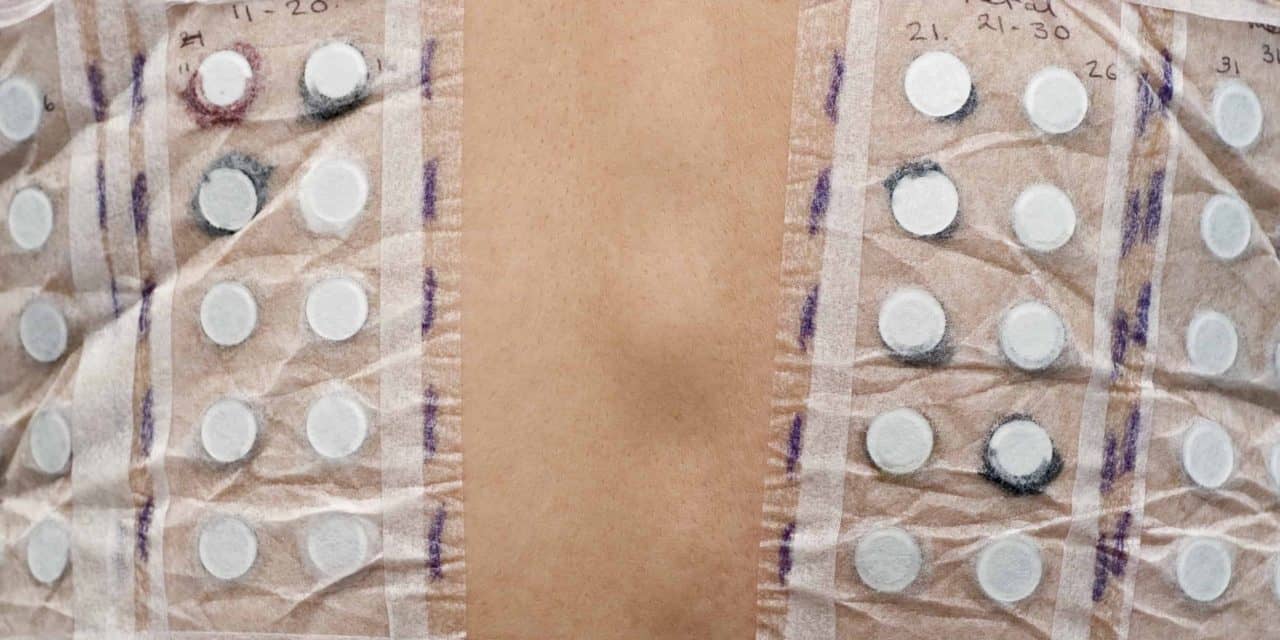There is inconclusive and controversial evidence of the association between allergic diseases and the risk of adverse clinical outcomes of the coronavirus disease (COVID-19).
To determine the association of allergic disorders with the likelihood of a positive severe acute respiratory syndrome coronavirus 2 (SARS-CoV-2) test result and with clinical outcomes of COVID-19 (admission to intensive care unit, administration of invasive ventilation, and death).
A propensity-score-matched nationwide cohort study was performed in South Korea. Data obtained from the Health Insurance Review & Assessment Service of Korea from all adult patients (age >20 years) who were tested for SARS-CoV-2 in South Korea between January 1, 2020 and May 15, 2020 were analyzed. The association of SARS-CoV-2 test positivity and allergic diseases in the entire cohort (n=219,959) and the difference of clinical outcomes of COVID-19 were evaluated in patients with allergic diseases and SARS-CoV-2 positivity (n=7340).
In the entire cohort, patients who underwent SARS-CoV-2 testing were evaluated to ascertain whether asthma and allergic rhinitis were associated with an increased likelihood of SARS-CoV-2 test positivity. After propensity score matching, we found that asthma and allergic rhinitis were associated with worse clinical outcomes of COVID-19 in patients with SARS-CoV-2 positivity. Patients with non-allergic asthma had a greater risk of SARS-CoV-2 test positivity and worse clinical outcomes of COVID-19 than patients with allergic asthma.
In a Korean nationwide cohort, allergic rhinitis and asthma, especially non-allergic asthma, confers a greater risk of susceptibility to SARS-CoV-2 infection and severe clinical outcomes of COVID-19.
Copyright © 2020. Published by Elsevier Inc.
Allergic disorders and susceptibility to and severity of COVID-19: a nationwide cohort study.


